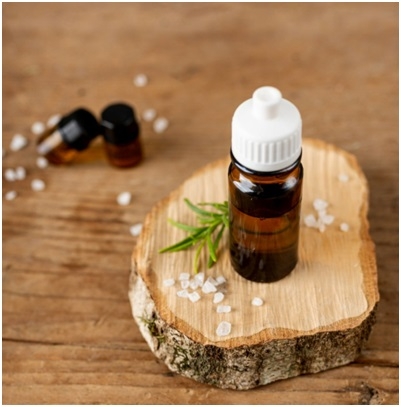How Homeopathy Helps When An Organ Transplant Is Not Possible
Total Views |

Life sometimes brings us to crossroads we never imagined we would face. A person waiting for an organ transplant has to face endless hospital visits, long waiting lists, and the uncertainties of finding a matching donor. Sometimes, a transplant may not even be possible because of age, advanced disease, lack of donors, or simply because the body is no longer strong enough for such an invasive intervention.
It is in such difficult moments that we must ask: how can we still honour life, ease suffering, and preserve dignity? This is where homeopathy can step in as a companion: gentle, integrative, and oriented toward healing.
The Work Of Slowing And Soothing
Says Dr. Manju Singh, Senior Homeopathic Medical Officer at SBL Global, “For individuals suffering from diseases such as chronic renal issues, liver failure, or cardiac conditions, where it might not be feasible to perform a transplant, homeopathic remedies try to retard the progress of the illness, minimize distress, and enhance vitality.”
This is not about promising miracles where none exist. It is about respect for the body’s journey and working with what is still possible. Homeopathy (tailored not just to the illness but to the constitution, symptoms, and even personality of the patient) offers an integrated solution. It is medicine that sees the person, not just the organ.
In advanced illness, patients are often already on multiple allopathic medications. Adding yet another pill, with its side effects, can sometimes feel like too much. However, homeopathy can be safely combined with conventional medicine under expert supervision.
Dr. Singh notes that such combinations have the potential to relieve pain, reduce edema, ease digestion, enhance sleep, and even help patients overcome anxiety and depression. In other words, homeopathy can quietly tend to the “forgotten corners” of illness... the aspects that erode quality of life but may not always receive enough attention in a purely biomedical approach.
The practice of medicine often focuses on what can be measured: blood reports, scans, parameters of organ function. But human suffering is larger than numbers. Illness of the kidney or liver is not just an illness of tissue; it is an illness of the psyche, the family, the spirit. Sleepless nights, the dread of the next hospitalization, the frustration of dependence on others... all of this weighs heavily.
Homeopathy becomes a bridge to address this inner landscape. A professional homeopath chooses remedies based not only on physical signs but also on the temperament and mental state of the patient. A person weighed down by fear may be treated differently from one who feels resigned or irritable.
Toward A Healthier Lifestyle
Illness, paradoxically, can also become an invitation. Not an invitation anyone would willingly choose but one that forces reflection on how we live, eat, rest, and relate to ourselves. With guidance from a professional homeopath, patients are encouraged toward healthier routines that support the body’s reserves. Even small changes—more nourishing food, gentle activity, mindful rest—when combined with individualized remedies, can nurture a sense of vitality that goes beyond the disease itself.
Care When Cure Is Not Possible
When transplantation is no longer an option, medicine shifts from cure to care. And care is not a lesser goal. It is, in fact, one of the noblest. It is about honouring the person, preserving function where possible, and bringing comfort where cure is no longer available.
Homeopathy does not replace transplants. But in the absence of that possibility, it offers a way forward: to slow what can be slowed, to soften what can be softened, and to strengthen the will to live fully in whatever time is given. Healing, after all, is not only about organs... it is about the whole human being

